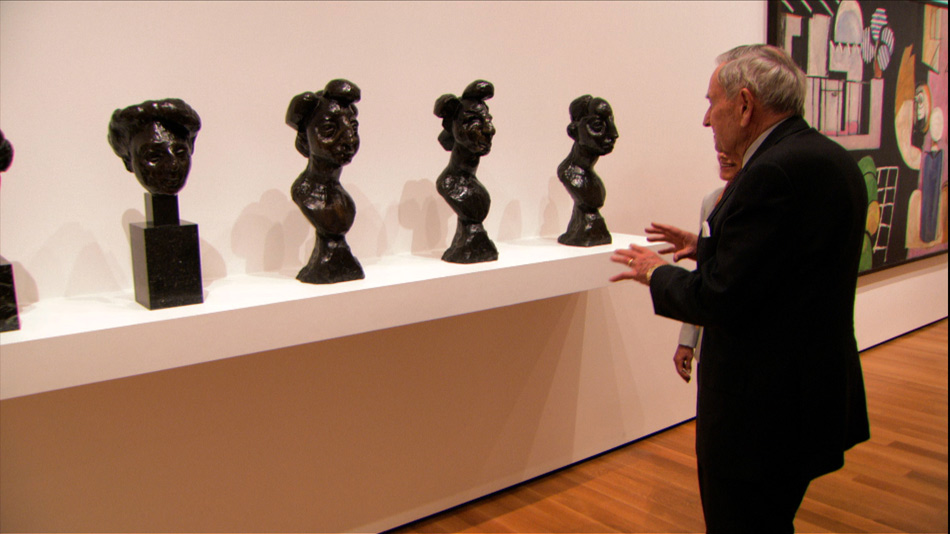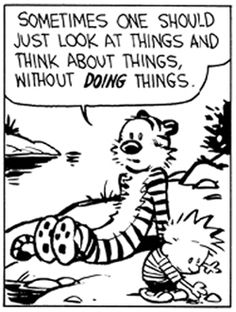In today’s Wall Street Journal “Sightings” column, I look at an important new tendency in charitable giving. Here’s an excerpt.
* * *
New York’s Museum of Modern Art closes for renovations in June. When the museum reopens on Oct. 21, it will have 30% more gallery space. The price tag for the expansion is $450 million, more than $200 million of which comes from the estate of David Rockefeller, MoMA’s most open-handed donor, who died in 2017 at the age of 101. To be sure, $200 million is chump change in the fantasyland of pop culture. (It cost $316 million to make “Avengers: Infinity War.”) But when it comes to the fine arts, that’s very serious money—the biggest single donation that MoMA has ever received.

From coast to coast, our national landscape is dotted with fine-arts institutions that exist because of people like Rockefeller….
Unfortunately, big-ticket philanthropy is in the middle of a protracted sea change that is already having a direct effect on the arts. Thirteen years ago, the Journal reported that younger new-money donors were increasingly choosing to give it not to fine-arts organizations but to humanitarian causes like AIDS research and education reform. In 2013, Bill Gates put his seal of moral approval on this new tendency by declaring in an interview with the Financial Times that donating money “to build a new wing for a museum rather than spend it on preventing illnesses that can lead to blindness” was, in his words, “slightly barbaric.”
When I wrote about Mr. Gates’ remarks in this space, I observed that I had yet to hear “any groundswell of support among the rich for Mr. Gates’ rigidly utilitarian view of charity.” Apparently I was a little tone-deaf. Nowadays, everybody in the arts is taking nervous note of what the Greater Philadelphia Cultural Alliance described with alarm in a 2018 report called “Beyond the Check: A Roadmap for Engaging Individual Donors.” According to the GPCA, “younger donors” are “shifting away from arts and culture in their philanthropy.” Moreover, studies show that they’re less likely to make big-ticket gifts to any charitable cause—and when they do, such gifts are rarely arts-related….
* * *
Read the whole thing here.







